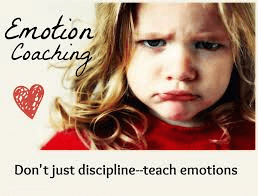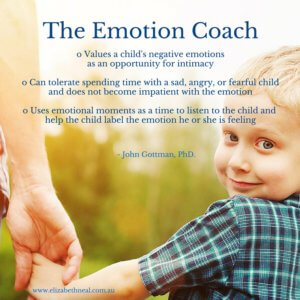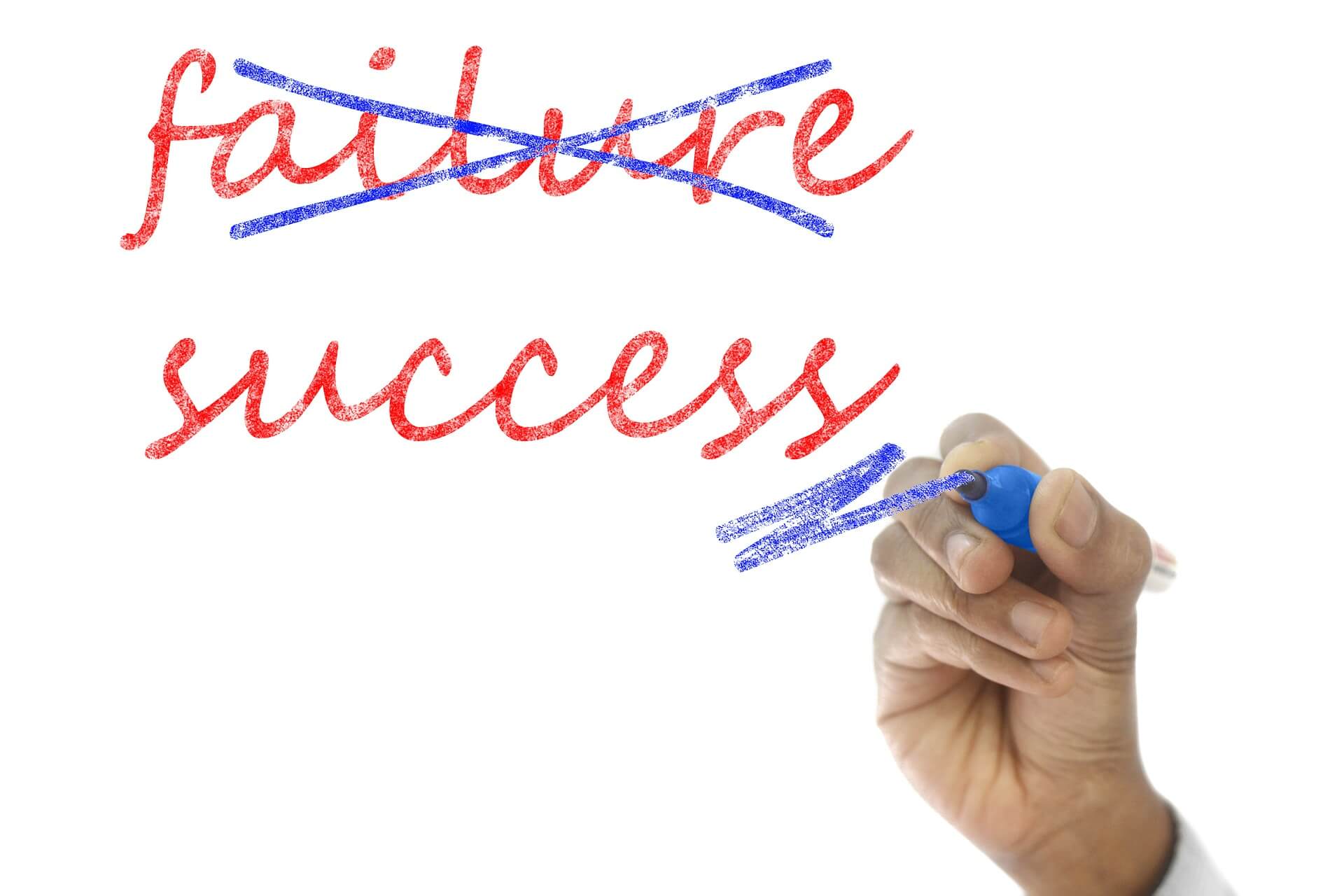Parenting: Raising an Emotionally Intelligent Child
Posted on September 27th, 2016
Parenting: Raising an Emotionally Intelligent Child
Parents often come to session seeking guidance and tips in parenting. As I’ve mentioned in previous blogs, Dr John Gottman is one of the leading researchers of relationships in the world. A lot of Dr Gottman’s 40+ years of research has been focused on the relationship between parent and child. In his book ‘Raising an Emotionally Intelligent Child’, Dr Gottman explains that “good parenting involves emotion”. Over the last 25 years researchers (Dr Gottman and others) have found that emotion plays a very significant part in our lives, and parenting is no exception.
Researchers have discovered that your emotional awareness actually plays a bigger part in determining success than our IQ. Furthermore, this means that our ability to handle feelings is incredibly important to our success in life, not only in relationships, but in our happiness levels too. So for parents this means that it is essential to teach our children ‘emotional intelligence’.
Emotional Intelligence or EQ
Emotional awareness is also referred to as ‘emotional intelligence’ or EQ (as opposed to IQ). Therefore, for parents this emotional intelligence refers to our ability to be aware of our child’s emotions, being able to empathise with them, sooth and comfort them, and guide them. Especially relevant for parents is the need to be careful not to dismiss our children’s emotions. How often have we heard someone (or may have even said it ourselves) stop crying or toughen up.
Types of Parenting
Gottman’s research found that parents fall into one of two broad categories: those who guide their children about the world of emotions and those who don’t. Gottman refers to parents who are involved with their children’s emotions as ‘emotion coaches’.
The Gottman Institute has found four types of parenting:
The Dismissing Parent
- Treats child’s feelings as unimportant, trivial
- Disengages from or ignores the child’s feelings
- Wants the child’s negative emotions to disappear quickly
- Sees the child’s emotions as a demand to fix things
- Minimises the child’s feelings, downplaying the events that led to the emotion
- Does not problem-solve with the child, believes that the passage of time will resolve most problems.
Disapproving Parent
- Effects of this style on children: They learn that their feelings are wrong, inappropriate, and not valid. They may learn that there is something inherently wrong with them because of the way they feel. They may have difficulty regulating their own emotions.
- Displays many of the Dismissing Parent’s behaviors, but in a more negative way
- Judges and criticises the child’s emotional expression
- Emphasises conformity to good standards of behavior
- Believes negative emotions need to be controlled
- Believes emotions make people weak; children must be emotionally tough for survival
- Believes negative emotions are unproductive, a waste of time
The Laissez-Faire Parent
- Effects of this style on children: Same as the Disapproving style.
- Freely accepts all emotional expression from the child
- Offers little guidance on behavior
- Does not set limits
- Believes there is little you can do about negative emotions other than ride them out
- Does not help child solve problems
- Believes that managing negative emotions is a matter of releasing the emotion and the work is done.
Emotion Coach
- Effects of this style on children: They don’t learn to regulate their emotions. They have trouble concentrating, forming friendships, and getting along with other children.
- Values the child’s negative emotions as an opportunity for intimacy
- Is aware of and values her or her own emotions
- Sees the world of negative emotions as an important arena for parenting
- Does not poke fun at or make light of the child’s negative feelings
- Does not say how the child should feel
- Uses emotional moments as a time to listen to the child, empathize with soothing words and affection, help the child label the emotion he or she is feeling, offer guidance on regulating emotions, set limits and teach acceptable expression of emotions, and teach problem-solving skills.
- Effects of this style on children: They learn to trust their feelings, regulate their own emotions, and solve problems. They have a high self-esteem, learn well, and get alone well with others.
Emotion Coaching
However, Emotion Coaching does not necessarily come naturally to most parents. Parents who are going to be emotion coaches need to be emotionally aware, have the ability to listen to their child, and have problem solving skills.
Finally, the path to becoming a better parent, like almost every road to personal growth, begins with self-examination. Therefore, if you are curious about which style of parent you are, then take the Parenting Style Assessment.
This blog is based on an article “The Four Parenting Styles” by Michael Fulwiler, Editor in Chief of the The Gottman Relationship Blog.



